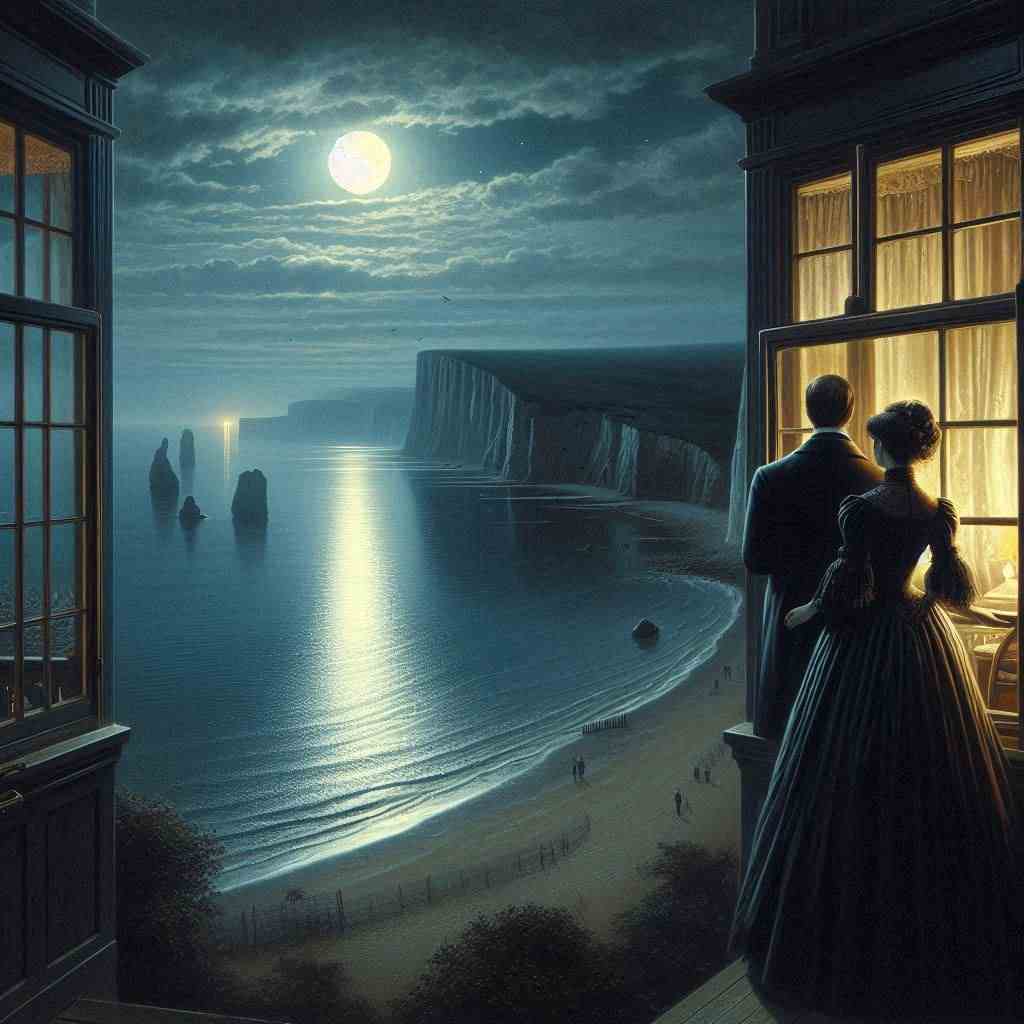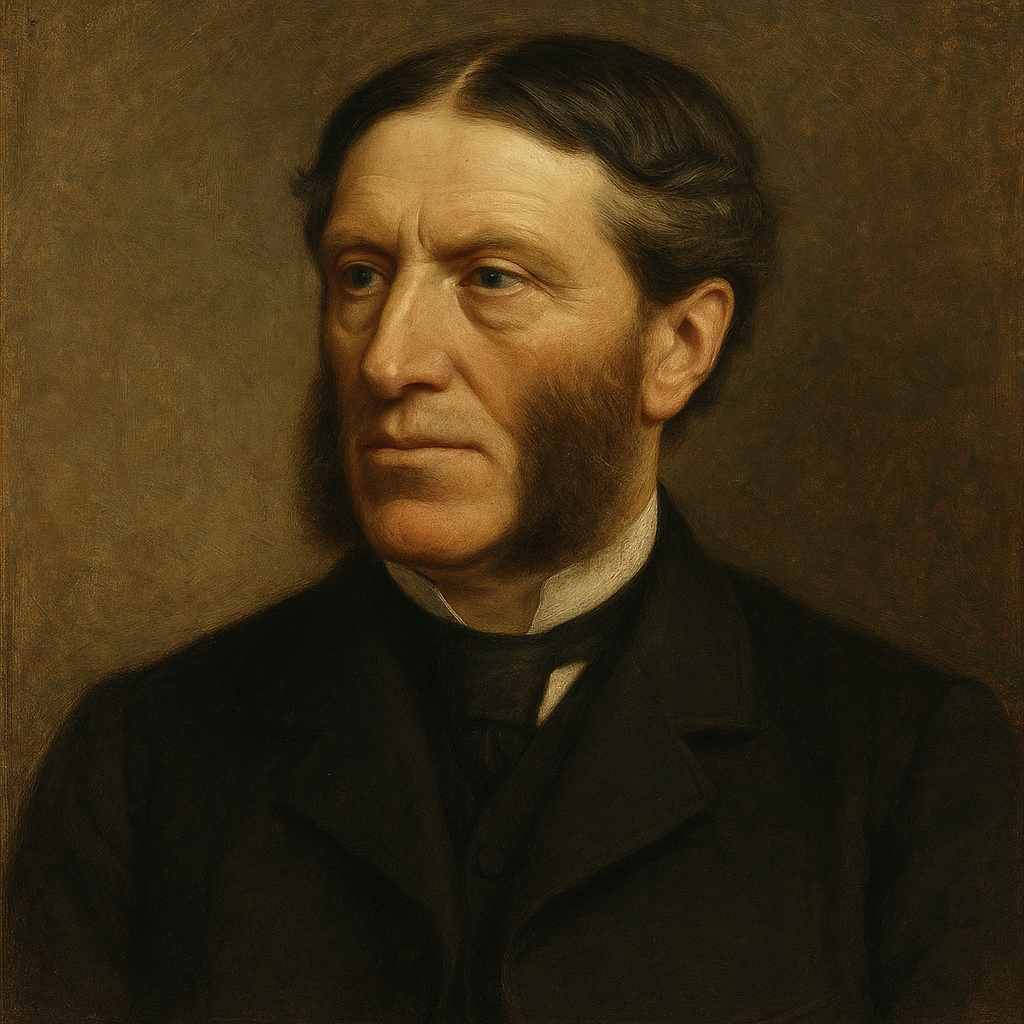Dover Beach
Matthew Arnold
1822 to 1888

Track 1
Reconstruct the poem by dragging each line into its correct position. You can also use the up (↑) and down (↓) arrows to move a line one place at a time, or the top (⇑) and bottom (⇓) arrows to move a line directly to the top or bottom. Your goal is to reassemble the original poem as accurately as possible. As you move the lines, you'll see whether your arrangement is correct, helping you explore the poem's flow and meaning. You can also print out the jumbled poem to cut up and reassemble in the classroom. Either way, take your time, enjoy the process, and discover how the poet's words come together to create something truly beautiful.
Easy Mode - Auto check enabled
To one another! for the world, which seems
Nor certitude, nor peace, nor help for pain;
And we are here as on a darkling plain
Glimmering and vast, out in the tranquil bay.
Gleams and is gone; the cliffs of England stand,
Of human misery; we
Upon the straits; on the French coast the light
The tide is full, the moon lies fair
Begin, and cease, and then again begin,
Its melancholy, long, withdrawing roar,
Retreating, to the breath
Come to the window, sweet is the night-air!
Where the sea meets the moon-blanched land,
With tremulous cadence slow, and bring
Heard it on the Ægean, and it brought
Swept with confused alarms of struggle and flight,
Of the night-wind, down the vast edges drear
So various, so beautiful, so new,
Of pebbles which the waves draw back, and fling,
Into his mind the turbid ebb and flow
Hath really neither joy, nor love, nor light,
Only, from the long line of spray
The eternal note of sadness in.
Find also in the sound a thought,
The Sea of Faith
To lie before us like a land of dreams,
But now I only hear
Hearing it by this distant northern sea.
Sophocles long ago
The sea is calm tonight.
Where ignorant armies clash by night.
Lay like the folds of a bright girdle furled.
Was once, too, at the full, and round earth’s shore
At their return, up the high strand,
Ah, love, let us be true
And naked shingles of the world.
Listen! you hear the grating roar


